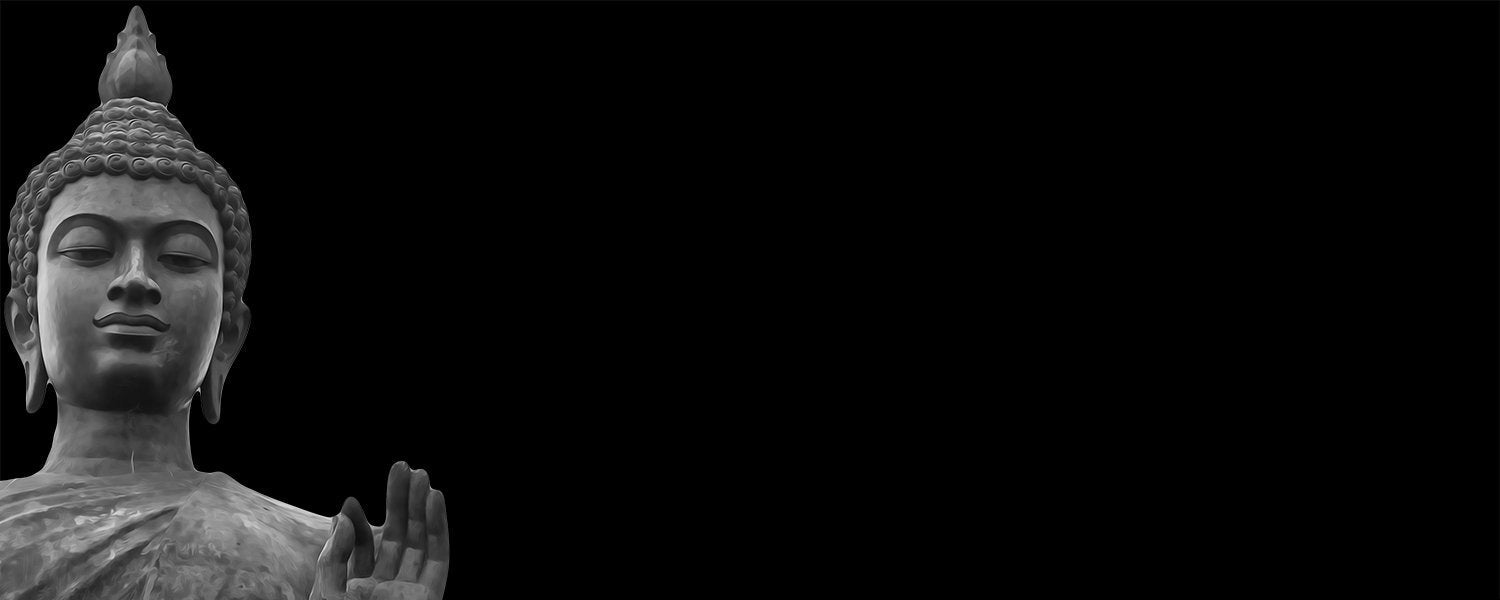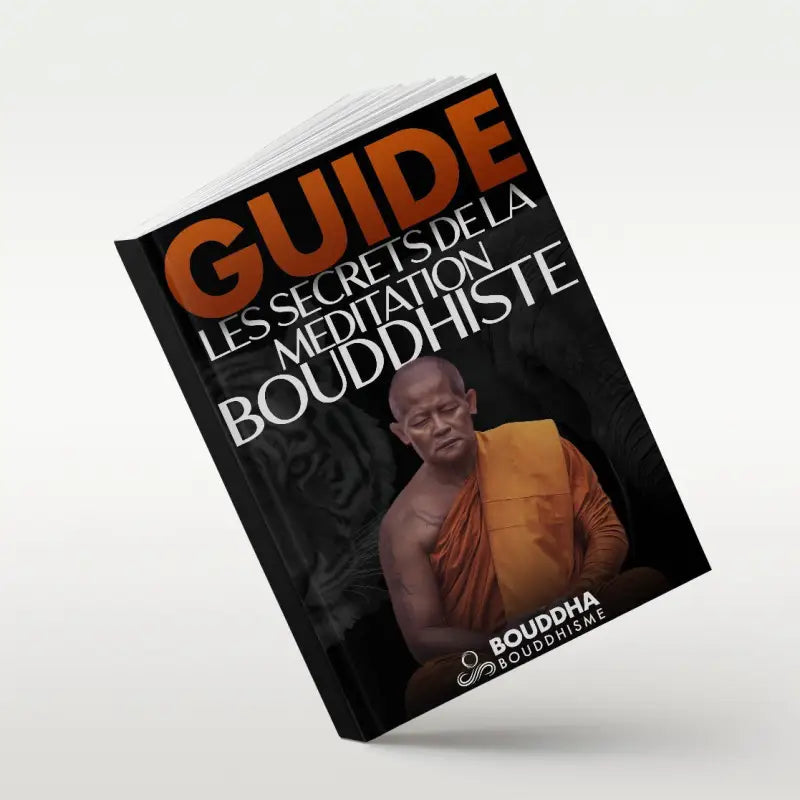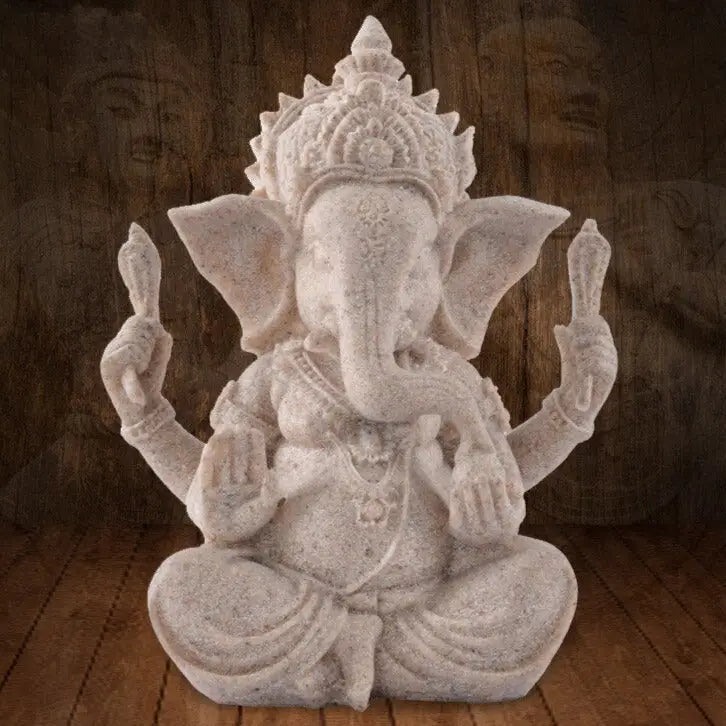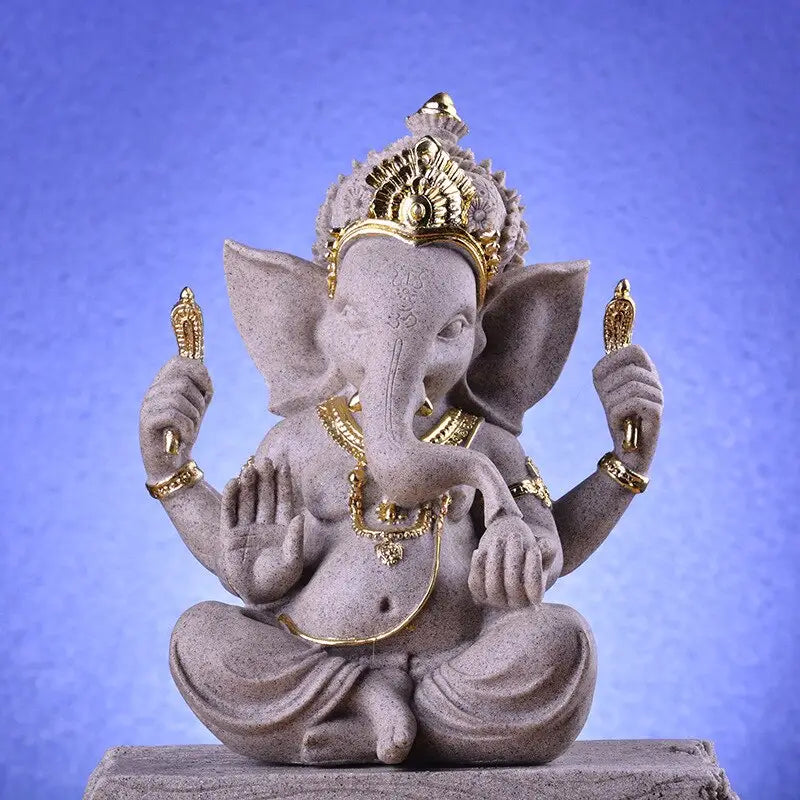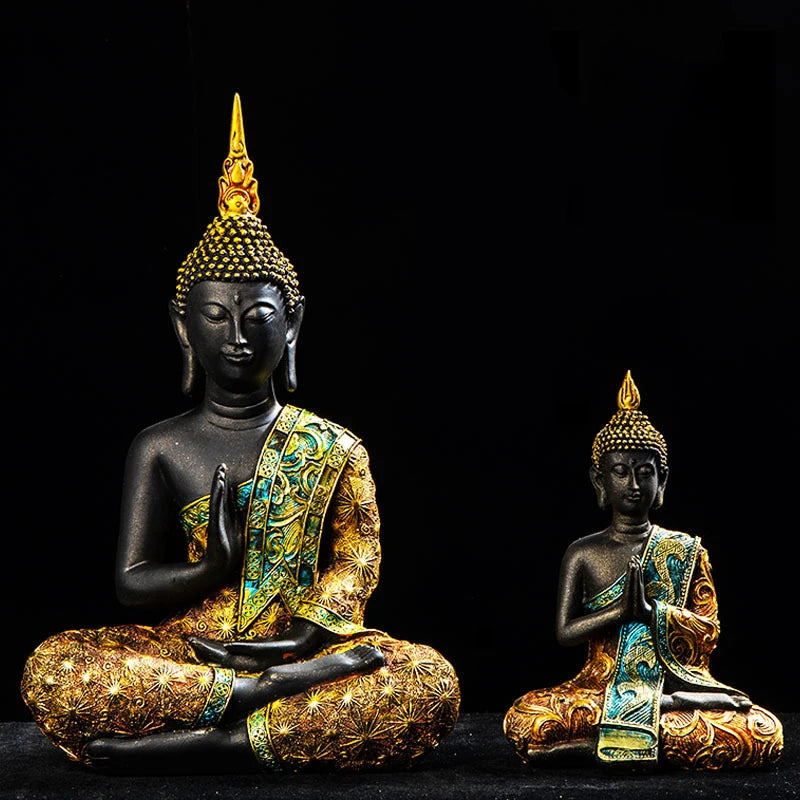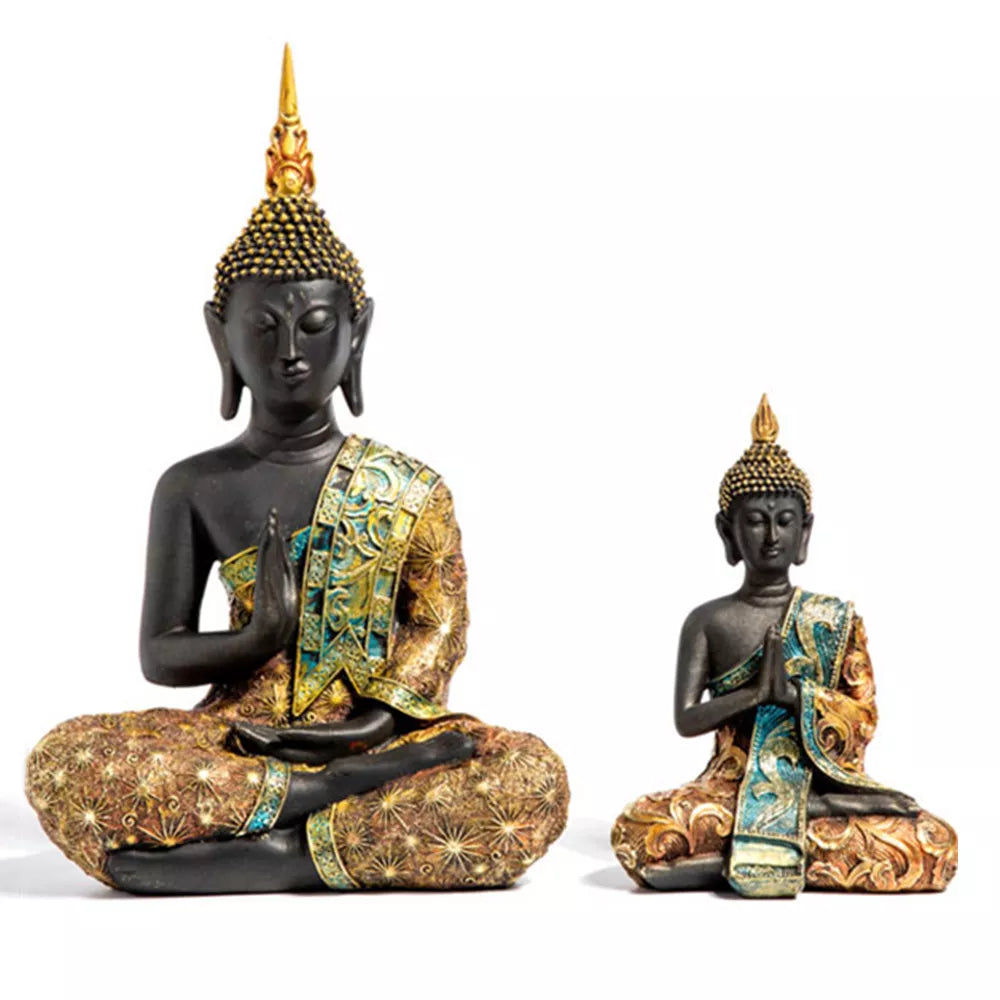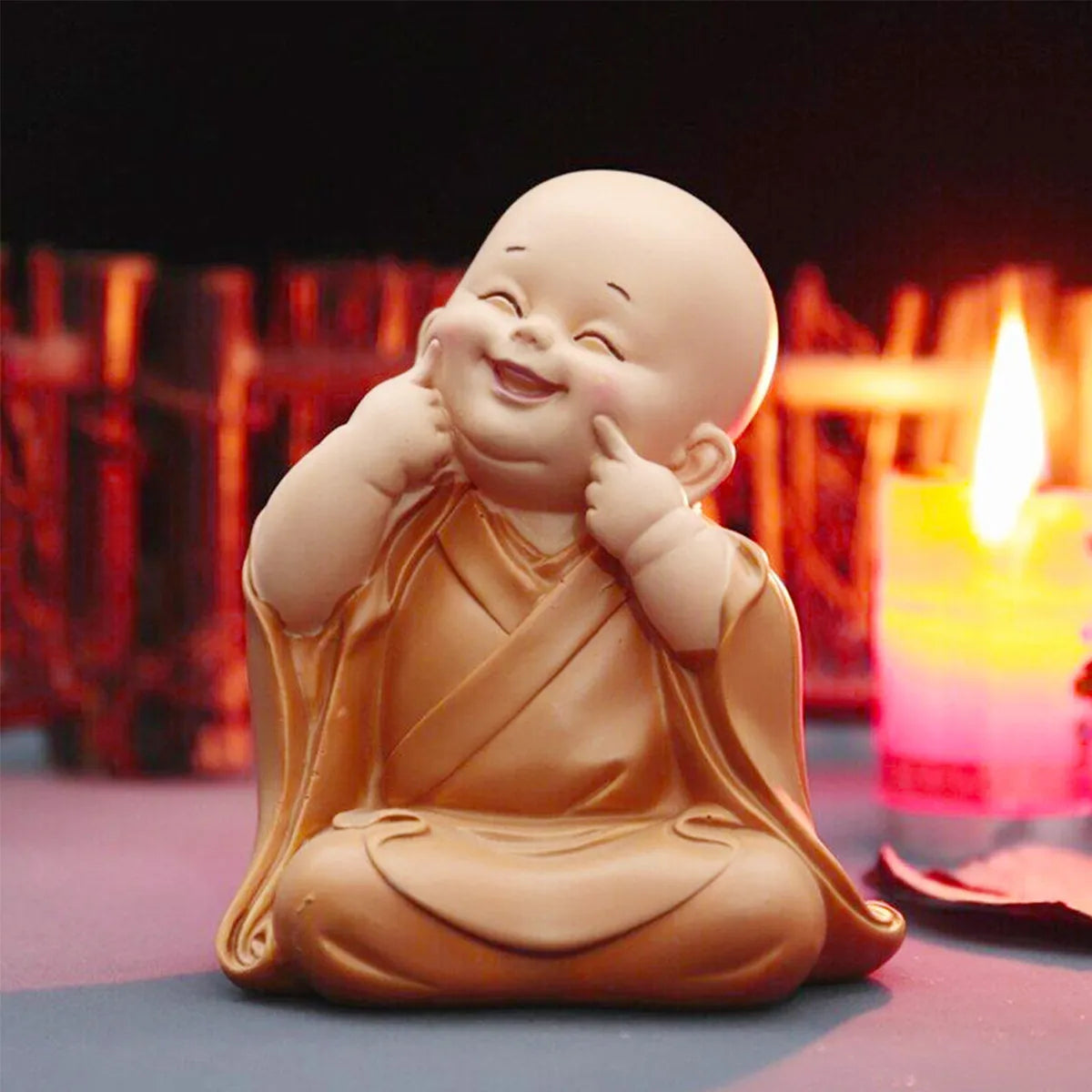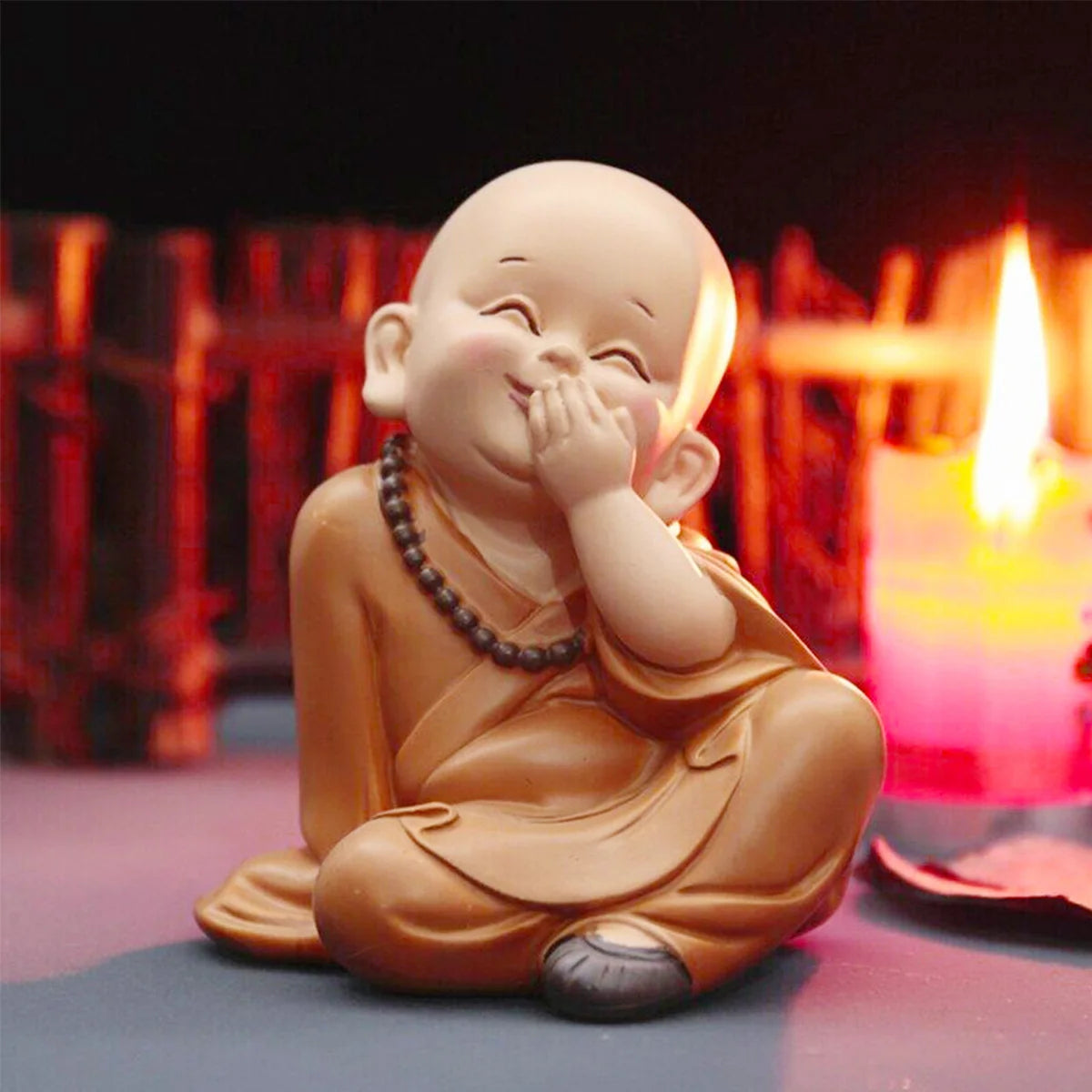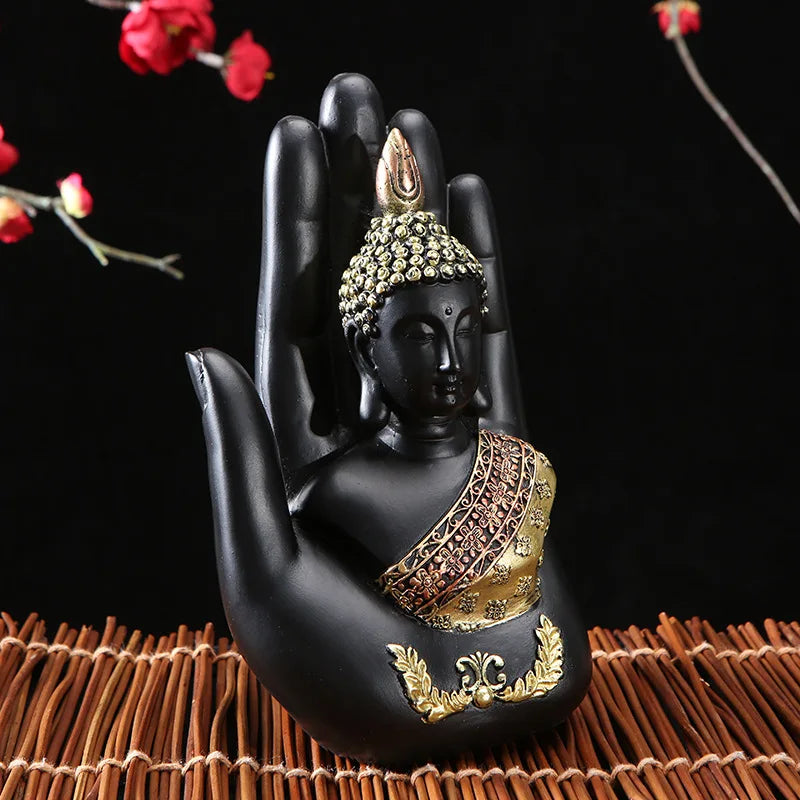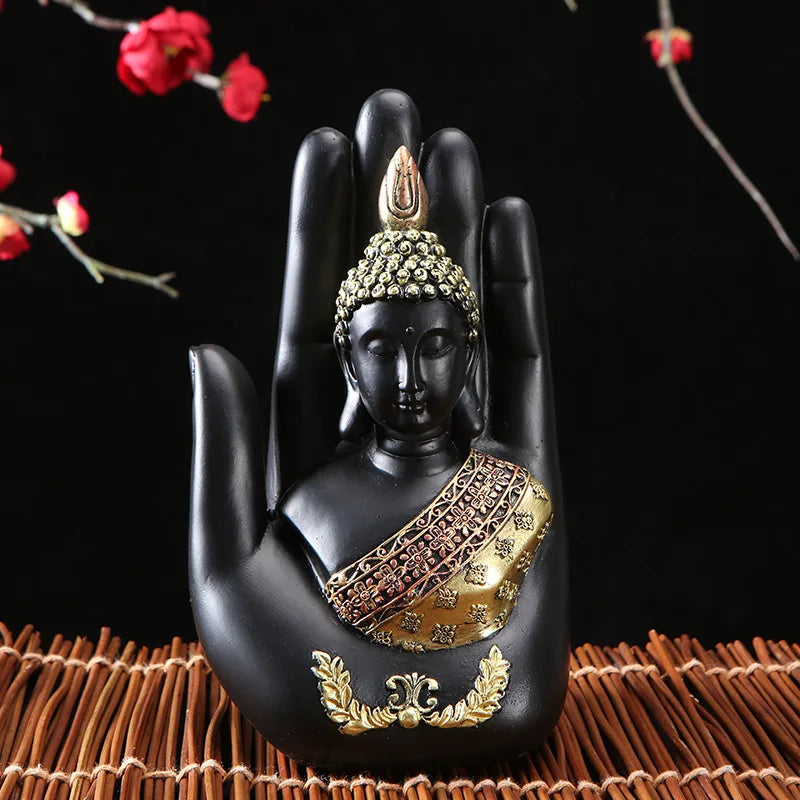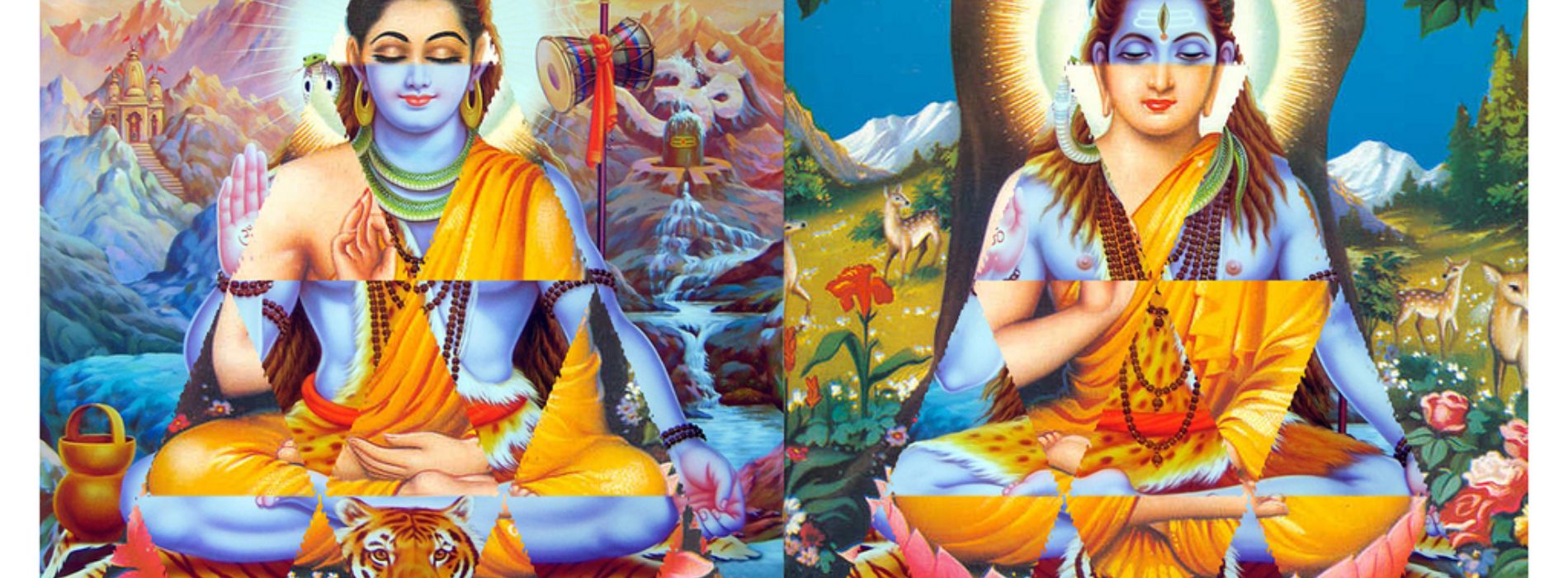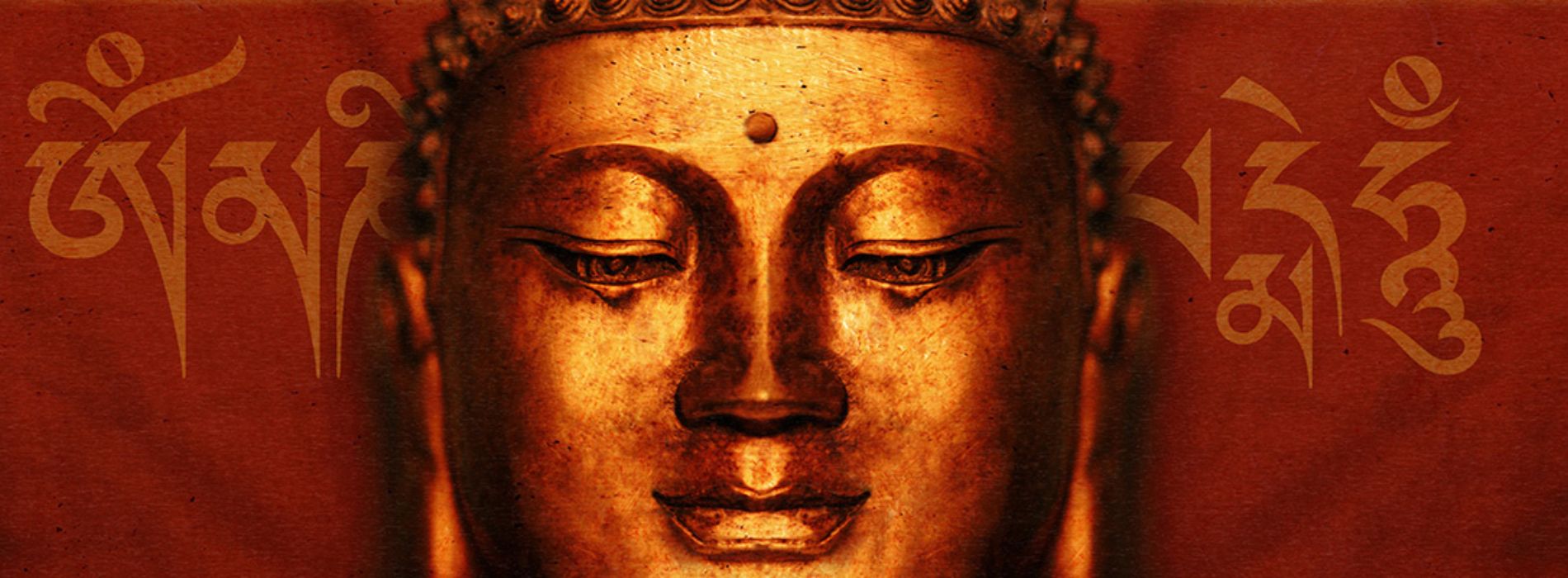As soon as we talk about meditation, peace, Zen atmosphere, a character comes to mind “Buddha”. But who is really Buddha? Is this the creator god according to Buddhism or is this an ordinary person? What does it mean to followers of this religion and what makes it so famous?
Who is Buddha?
Guatama Siddhartha was born in a region of southern Nepal six centuries ago. Son of the elected president of the Shakyas clan assembly at the time, he came from a wealthy and practicing family. As a result, he learned a lot about genealogical lists, traditions, ancient superstitions, and traditions that still continue today. Buddha also received a good education in martial arts, a practice well known in the Far East. At 16, her parents arranged her marriage to one of her cousins, and together they had a son.
Then he decided to leave his family and become a monk. It was during his new destiny that he embarked on the search for the truth. To do this, he first practiced the most severe austerities, then realized that this is not the right way to achieve his goal. It was at that time that he began to meditate under a tree and said to his disciples: “The flesh can wither, the blood can dry up, but before I 'reach the awakening, I will not leave this seat.
Buddha's meditation
Siddhartha Gautama is the founder of the great spiritual tradition called Buddhism. He began meditation at Bodh Gaya to find the solution to the riddle of existence. Day and night he sat under the Bodhi tree, trying to control and purify his mind, to remove defilements and mental obstacles. On the night of the full moon in May called "Vesak", the awakening was complete at the moment when his mind was fixed on a star, that is, complete awakening was achieved.
Buddhist monks describe this fact as the fullness of wisdom, truth and compassion. Once enlightened, Siddhartha Gautama became the Buddha. This passage marks the end of his quest and is a new landmark for him and his disciples. In effect, he had become the Buddha, “the enlightened being, the knowing being, and the awakened being.” From that moment on, his mission was to make this Truth known to humanity and he traveled throughout northeast India to teach Buddhists.
Note: Buddha is not the creator god
Above all, Buddha was a man, a natural person, living in a community and having had a family. It was only after he was awakened that he lost the ordinary appearance of a human being, that is, he was an awakened man and a man who had received a final divinity. Through this divine, wise and enlightened aspect, he became the most revered man of his time in Asia. Practitioners come to the altar to bring offerings and flowers, to light candles, to ask for compassion, in short to pray.
It is this form of worship that leads us to say or think that Buddha is a God. It is only a sign of respect for him and not to worship him as the Creator God of the universe. In India, for example, elders, elderly or respectable people are described as "puja", Buddha being the first.
The four visions of Buddha
Above all, it is imperative to know that Buddha is not a proper name but rather a title attributed to one who knows and understands. In the case of Guatama, Buddha means “one who is awake”, because after his deep meditation, he becomes aware of the absolute Truth as well as the reality and dream of life. Before that, he was dissatisfied with the life he led with his family, his perception of life was very different from his reality. In reality, Buddha had his own visions which he derived from his own spiritual and psychological experiences. We can divide them into four:
- His first vision is based on old age. He believed that human beings never age until they meet an old man outside the castle where they lived. He said: “What is the point of this youth! What is the point of this vitality and this strength if everything ends like this! » ;
- His second visionconcerns illness. He believed that human beings are protected against various diseases;
- His third vision concerns death. He believed that human beings are immortal;
- His fourth vision concerns his meeting with a sadhu, that is to say a holy man. It was this last vision that led him to leave the palace and his family in search of the truth.
Nirvana in Buddhism
The daily problems of humanity revolve around two things: happiness and unhappiness. We always try to live in happiness and get rid of unhappiness, misery and unhappiness. What we always forget is taking control of the situation we find ourselves in is the best solution, including setting a goal, knowing yourself, understanding the cause or origin of the problem.
Buddha himself became aware of all this once he became an enlightened being. Meditation was the way to know the truth and identify the nature of unhappiness, joy and sadness. What is Nirvana? Nirvana is defined as the supreme bliss according to the verses of the Dhammapada. From this perspective, Buddhism aims to encourage a person to set a goal to subsequently achieve. Buddha said that if we realize the importance of Nirvana, then we achieve it.


